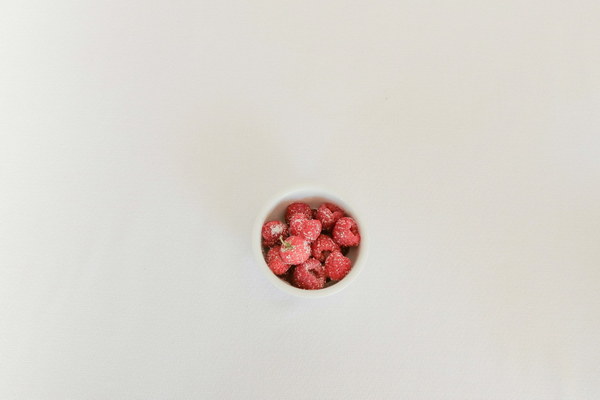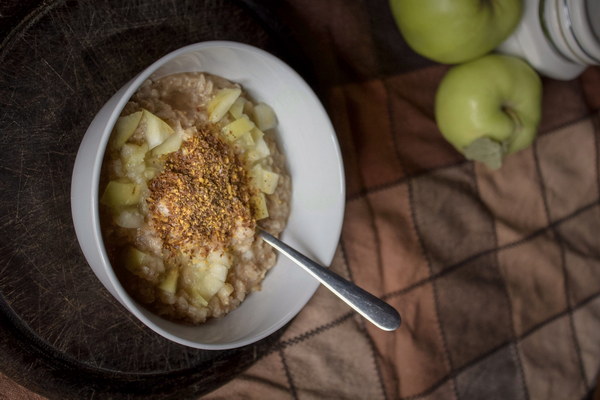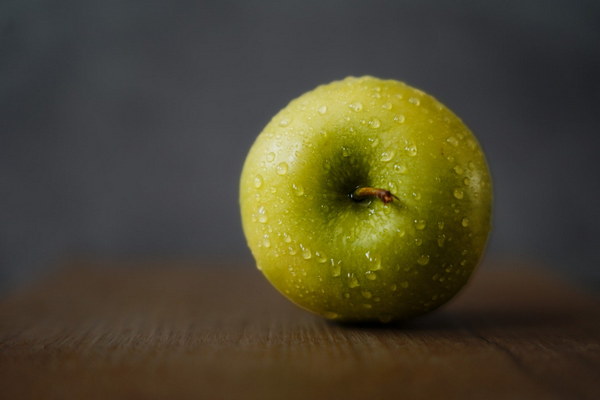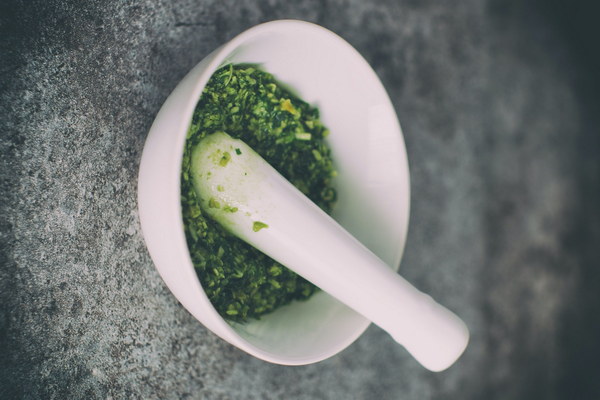Top Traditional Chinese Medicines to Strengthen Your Body Against Cold Weather
As the temperature drops and winter approaches, it is common for many people to experience discomfort and health issues due to the cold weather. To combat these challenges, traditional Chinese medicine (TCM) offers a wealth of remedies to help you maintain your health and well-being during the colder months. Here, we discuss some of the top TCM herbs and formulas that can help you stay warm and healthy during the cold season.
1. Gancao (Licorice Root)
Gancao, also known as licorice root, is a staple in TCM and is often used to harmonize other herbs in a formula. It is believed to have a warming effect and can help support the immune system, making it an excellent choice for cold weather. Gancao can be taken as a tea or added to soups and stews.
2. Dangshen (Codonopsis Root)
Dangshen is another popular herb used in TCM to boost the immune system and enhance overall vitality. It is considered a tonic and is often used to strengthen the lungs and spleen, which can be weakened by cold weather. Dangshen is typically taken in the form of a decoction or encapsulated supplement.
3. Astragalus (Huang Qi)
Astragalus is renowned for its immune-boosting properties and is often used to prevent colds and flus. This herb can be taken as a tea, added to soups, or consumed in capsule form. It is believed to help strengthen the body's resistance to cold and flu viruses.
4. Ginseng (Ren Shen)

Ginseng is a well-known herb that has been used for centuries to enhance vitality and support the immune system. There are two types of ginseng: American ginseng (Panax quinquefolius) and Asian ginseng (Panax ginseng). Both are effective, but Asian ginseng is more warming and is often recommended for cold weather. Ginseng can be taken in the form of capsules, powders, or teas.
5. Chuanxiong (Ligusticum Chuanxiong)
Chuanxiong is a herb that is believed to improve blood circulation and relieve cold and flu symptoms. It can be used to treat colds, headaches, and joint pain that may arise during the colder months. Chuanxiong is typically taken in capsule form or as part of a decoction.
6. Baizhu (Atractylodes Macrocephala)
Baizhu is an herb that is often used to support the spleen and stomach, which can become weakened during the cold season. It is believed to help improve digestion and boost the immune system. Baizhu can be taken as a decoction or in supplement form.
7. Yi Yi Ren (Coix Seed)
Yi Yi Ren is a herb that has diuretic and antipyretic properties, making it beneficial for colds and flu. It is also used to support the spleen and improve digestion. Yi Yi Ren can be taken as a tea or in supplement form.
8. Er Cha (Green Tea)
Although not a traditional Chinese medicine herb, green tea is a popular beverage in Chinese culture and is believed to have numerous health benefits. It is rich in antioxidants and has been shown to boost the immune system. Green tea is a great way to stay warm and hydrated during the cold weather.
When incorporating these TCM herbs into your routine, it's essential to consider your individual constitution and health conditions. It is always best to consult with a qualified TCM practitioner before starting any new treatment. By using these traditional remedies, you can help ensure that your body is well-prepared to face the challenges of cold weather and maintain your health and well-being throughout the season.









